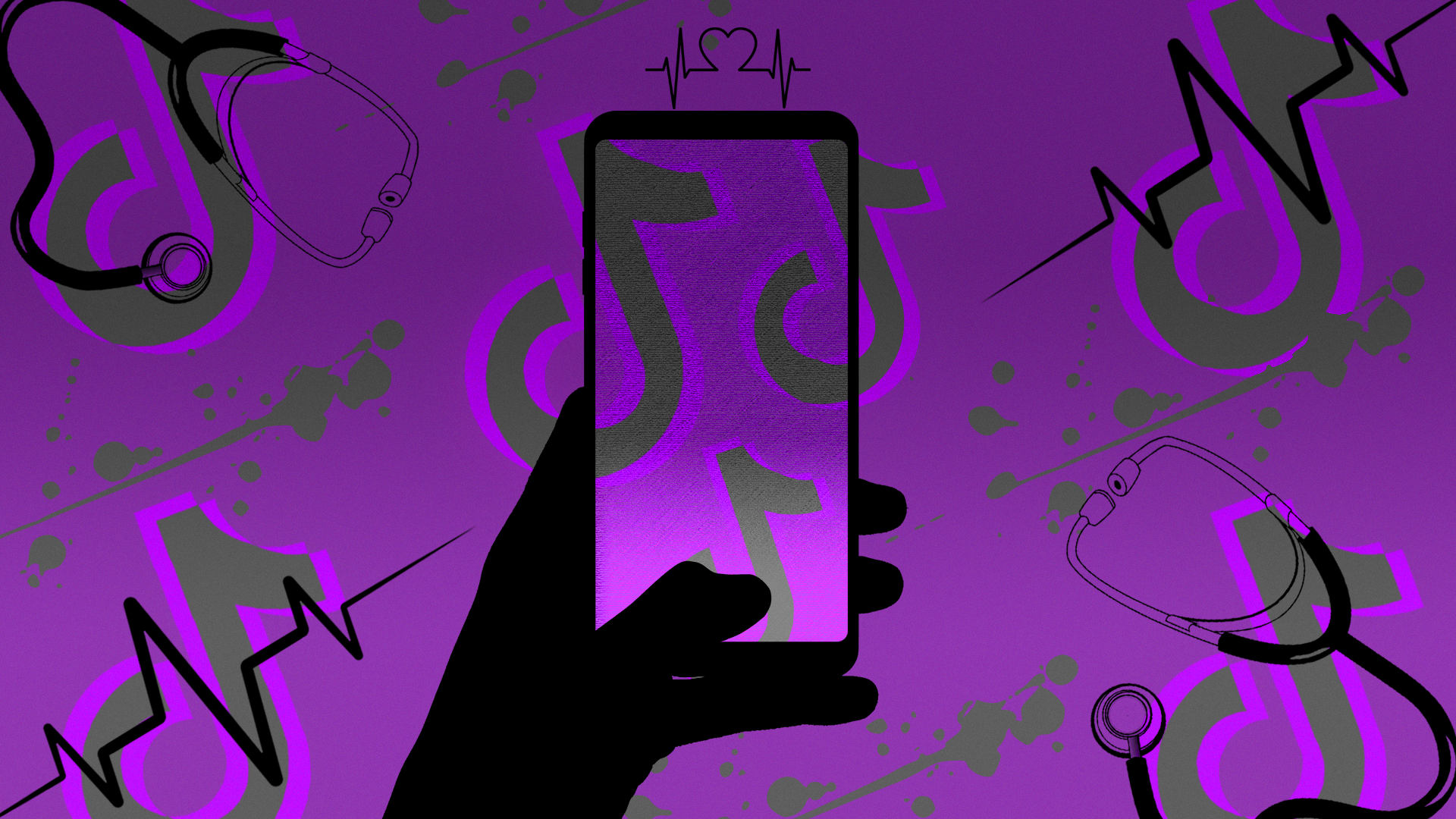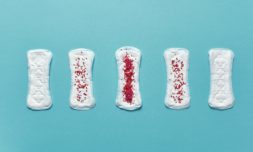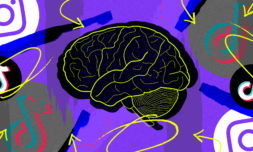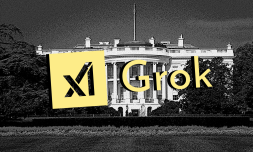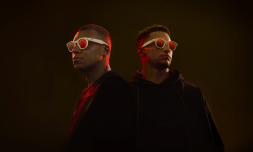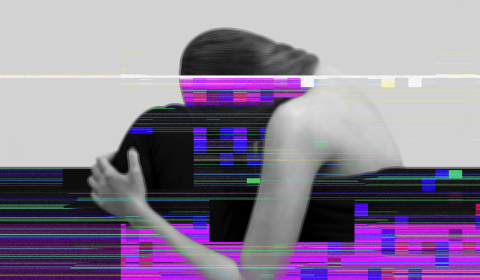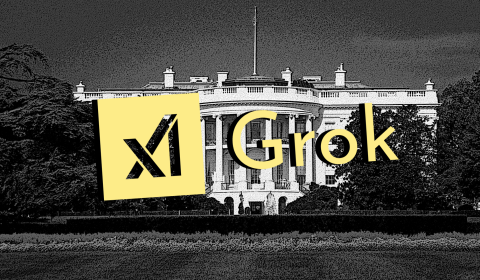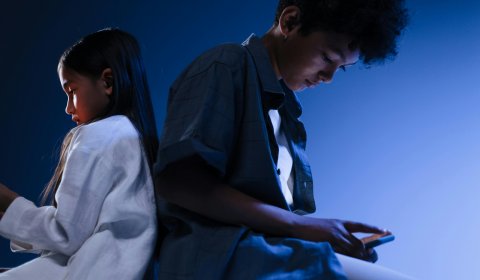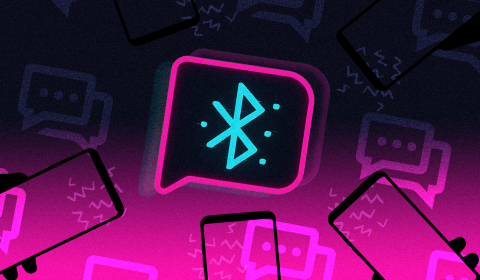TikTok influencers are deemed more accessible than health professionals by many Americans, according to a new survey conducted by CharityRx.
In the current age of instant gratification, healthcare is frankly painfully slow.
The entire world may feel as though it’s at the tips of our fingers at times, but the process of booking GP appointments, getting hospital referrals, and receiving specialist treatment is often long and arduous.
In the west, where we’re luckily enough to have regular access, there’s a general acceptance that the constant demand for healthcare simply cannot be handled with the speed and swiftness we’d ideally like.
And, whether it’s advisable or not, many people are now using alternative avenues to get a diagnosis.
If you’re an avid user of TikTok, you’ll have probably seen a fair few videos entailing DIY dental tips, skincare, and – during the height of the pandemic – masking up effectively.
What I’d yet to stumble on until very recently, however, is the growing library of health advice videos uploaded by self-proclaimed TikTok doctors. Merely searching the word ‘symptoms’ on the app returns an endless stream of self-diagnosis content and thousands of views.
A recent survey of 2,000 American adults revealed that as much as 1 in 5 will consult TikTok as a first port of call before attempting to contact their doctor. Less surprisingly, 65% reportedly seek out Google advice, and 33% turn to YouTube.









